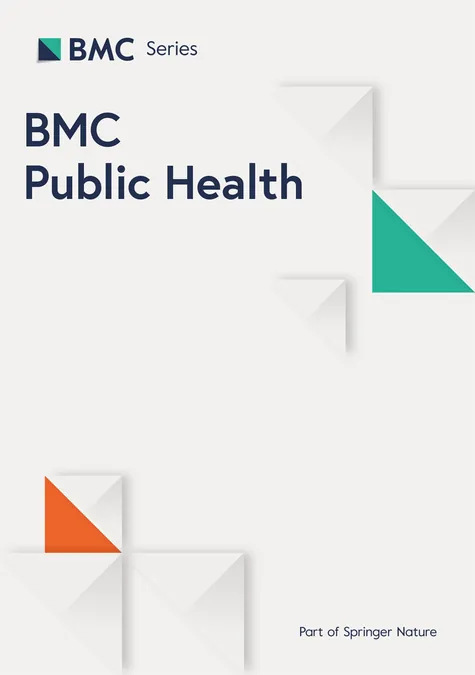
Unmasking the Barriers: Why Jordanian Women Are Hesitant to Get Screened for Breast Cancer
2025-04-10
Author: Li
Breast cancer remains the most common cancer and the leading cause of cancer-related death among women globally, with the Middle East reporting nearly 46,000 new cases each year. In Jordan alone, over a third of the prevalent cancer cases in 2020 were breast-related, highlighting a crucial public health issue.
As per the Jordanian Cancer Registry report in 2022, 1,756 new cases were identified, making breast cancer a significant concern for women in the region. Yet, despite medical advancements and screening guidelines from prestigious organizations like the American Cancer Society, the participation rate in screening activities remains alarmingly low.
Understanding Breast Cancer Screening Benefits and Barriers
Breast cancer is influenced by genetics, lifestyle choices, and hormonal factors, and many women develop the disease without noticeable symptoms. Early detection significantly improves survival rates, yet fewer than one-third of women in Jordan present with localized cancer, with over 13% diagnosed at a metastatic stage.
Identifying the barriers to breast cancer screening is vital. The Jordan Breast Cancer Program promotes monthly self-breast examinations and annual clinical checks, but participation is dwindling, primarily due to high costs, inadequate access to insurance, and cultural stigma surrounding cancer.
A Study to Uncover the Truth Behind Screening Hesitation
A recent in-depth study aims to uncover the determinants impacting Jordanian women’s engagement with breast cancer screening. By surveying 650 women, researchers explored socio-demographic factors, beliefs about breast cancer, and cultural barriers hindering screening participation.
Preliminary findings reveal that personal health beliefs and motivation play pivotal roles in encouraging women to participate in screenings. Yet, factors such as social stigma, fear of judgment, religious beliefs, and body image issues emerge as significant deterrents.
The Struggle with Social and Cultural Influences
Religious perceptions, often viewing cancer as a divine punishment, complicate women’s willingness to participate in screening. Furthermore, many expressed discomfort regarding body exposure during examinations, compounding the issue. Social barriers, such as fears of discrimination or losing one's job, were also prominent.
These cultural and environmental barriers significantly impact women's decisions, leading to a suboptimal engagement in necessary health screenings, despite a general awareness of the risks.
Recommendations for Improvement
To tackle these challenges, strategic interventions are crucial. Increasing public awareness through community outreach, educational campaigns, and financial support for screening services can perhaps not only elevate participation rates but also reshape societal attitudes towards breast cancer.
Healthcare providers must engage in community-sensitive approaches, openly addressing fears and offering emotional support to encourage women to prioritize their health.
The Road Ahead for Women's Health in Jordan
This comprehensive study lays the groundwork for future research and highlights the pressing need for culturally informed interventions in breast cancer screening. Engaging women, their families, and communities in awareness campaigns can redefine the landscape of health practices in Jordan and significantly enhance early detection efforts.
Ultimately, empowering women with knowledge about breast cancer and creating an environment of support could dramatically reshape the societal perceptions that currently impede screening participation.




 Brasil (PT)
Brasil (PT)
 Canada (EN)
Canada (EN)
 Chile (ES)
Chile (ES)
 Česko (CS)
Česko (CS)
 대한민국 (KO)
대한민국 (KO)
 España (ES)
España (ES)
 France (FR)
France (FR)
 Hong Kong (EN)
Hong Kong (EN)
 Italia (IT)
Italia (IT)
 日本 (JA)
日本 (JA)
 Magyarország (HU)
Magyarország (HU)
 Norge (NO)
Norge (NO)
 Polska (PL)
Polska (PL)
 Schweiz (DE)
Schweiz (DE)
 Singapore (EN)
Singapore (EN)
 Sverige (SV)
Sverige (SV)
 Suomi (FI)
Suomi (FI)
 Türkiye (TR)
Türkiye (TR)
 الإمارات العربية المتحدة (AR)
الإمارات العربية المتحدة (AR)